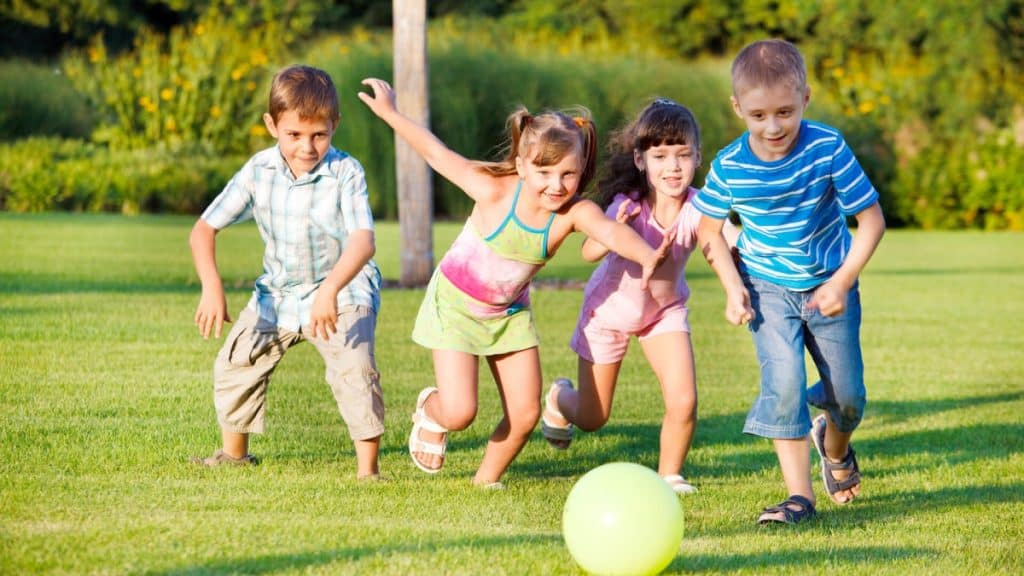As parents and foster carers, it’s important that we teach our children the value of being physically active from an early age. Establishing healthy habits early on can provide lifelong benefits for their physical and mental wellbeing. Here are some tips on how to instil the importance of exercise and activity in children.
Lead by Example
Children learn by observing the behaviours of adults around them. As parents and carers, we should aim to model an active lifestyle. Make exercise a consistent part of your daily or weekly routine and talk about it positively. Go for walks together as a family, sign up for sports classes, or take up a new physically active hobby together. Seeing you prioritise exercise will motivate them to do the same.
Make It Fun
Exercise shouldn’t feel like a chore for kids. Focus on making physical activities engaging and enjoyable. Play active games together like tag or hopscotch. Turn on fun music and have dance parties. Take them swimming, cycling or walking and turn it into an adventure. Praise and encourage them when they participate. The more fun they associate with exercise, the more likely they are to continue.
Set Specific Goals
It can be hard for children to stick with new healthy habits without motivation. Set specific exercise goals with your child such as completing a kids fun run, learning to swim, or mastering how to ride a bike without training wheels. Having defined goals gives them something to work towards and a sense of accomplishment.
Allow Them to Choose Activities
Giving children input into what types of physical activity they do can increase enjoyment and consistency. Observe what interests them – maybe they love to dance, climb or play football. Then help them pursue those interests through kids’ classes, clubs or teams. Supporting their preferences makes them more motivated to participate.
Buy Equipment for Their Hobbies
If your child shows interest in a particular sport or active hobby like gymnastics, skating or climbing, consider investing in some starter equipment. For example, if they seem keen on gymnastics, buying a mat and mini trampoline can allow them to practice at home. As a foster carer, you can put some of your fostering allowance towards this. Starting their own equipment collection related to their interests helps cement the hobby and makes them more likely to stick with it.
Integrate Movement into Daily Routines
Look for small ways to build more movement into your family’s regular schedule. Walk or cycle to school and errands when possible. Take active breaks to stretch or have dance sessions between sedentary activities. Set screen time limits and encourage kids to play actively when devices are off. Making physical activity a seamless part of each day instils it as a natural habit.
Start Small and Be Consistent
Don’t overwhelm kids with big exercise goals immediately. Start with manageable activities like a 10-minute family walk or game of tag. Then gradually increase duration and intensity. The key is consistency – make movement a part of every day, even if just a little bit, to set the foundation for a lifetime of healthy physical activity.
Starting healthy habits early and making physical activity an integral part of life is one of the greatest gifts we can give children. Exercise provides physical and mental benefits that last a lifetime. Making fitness fun and prioritising it as a family instils values that will serve them well as they grow.
